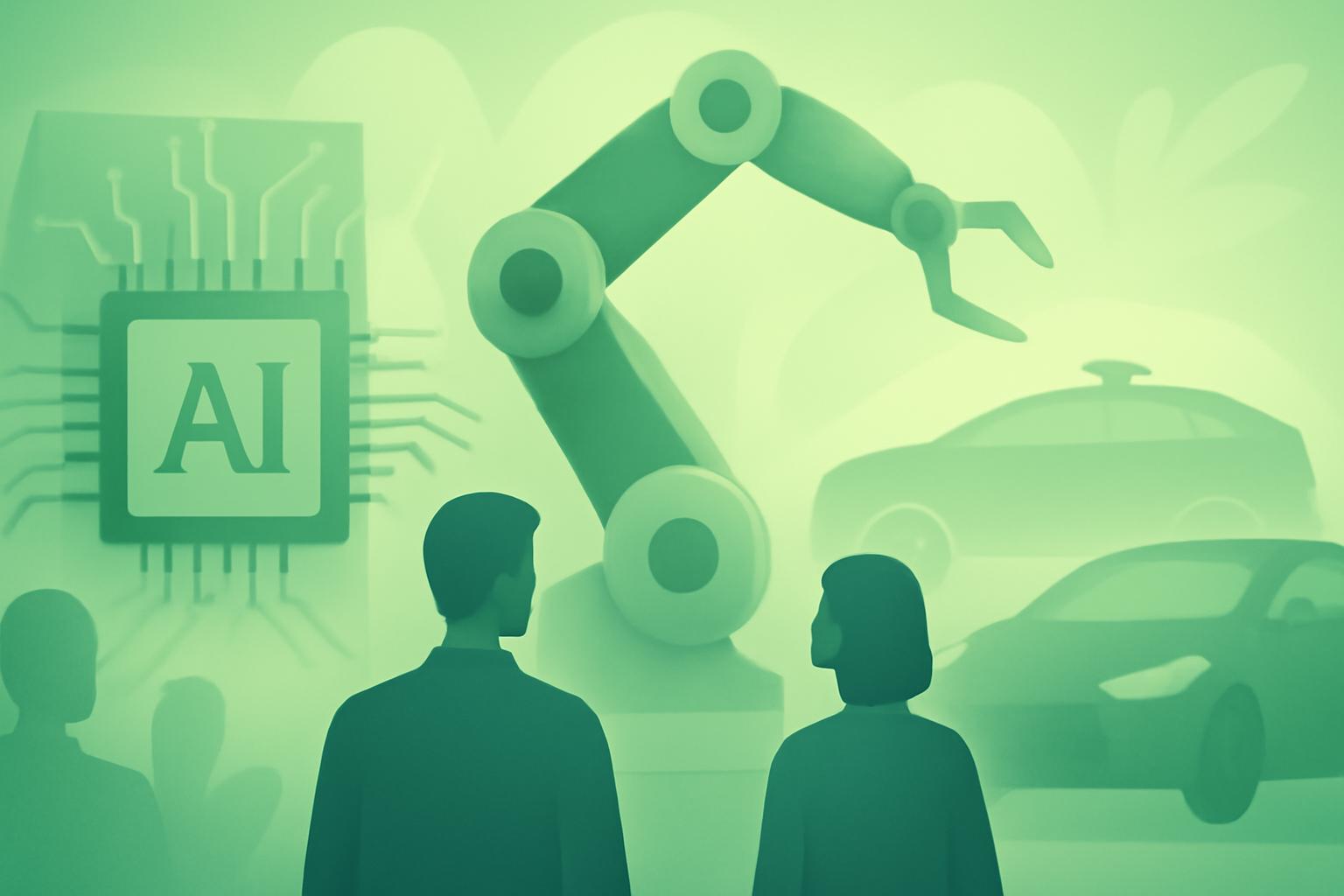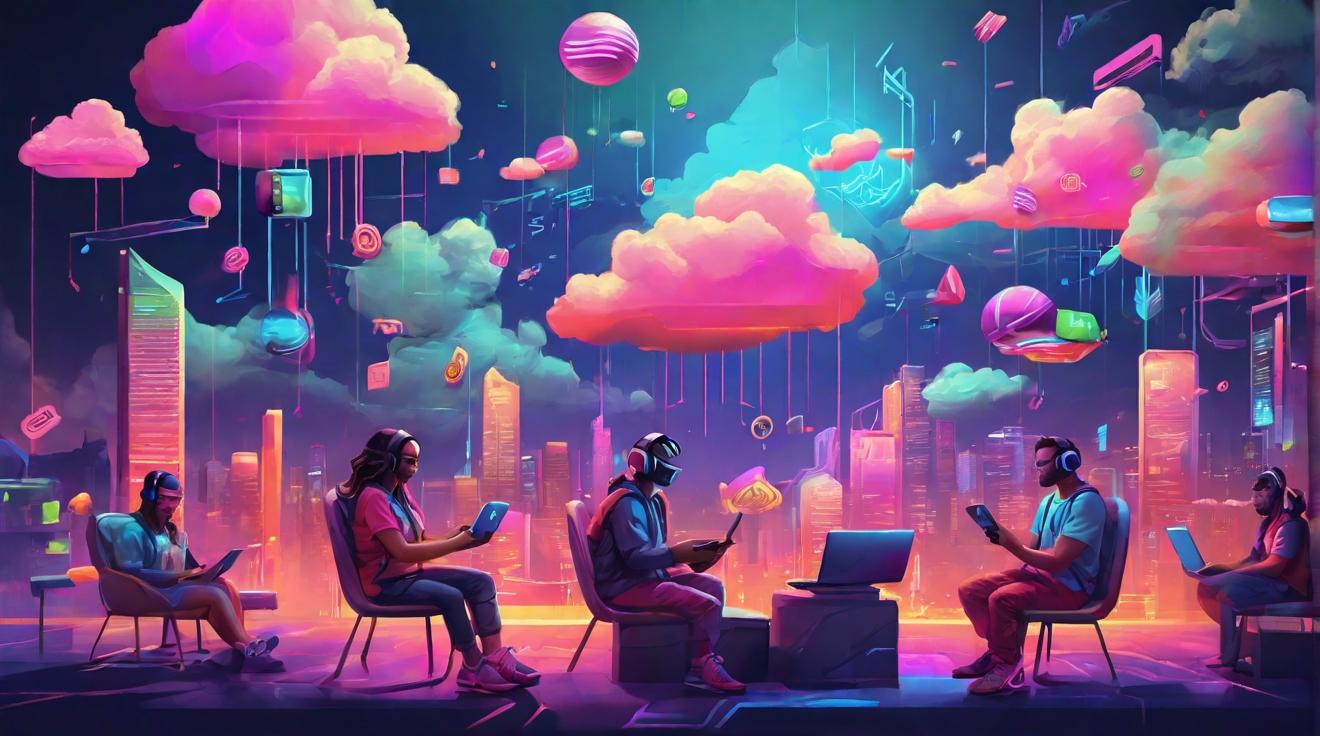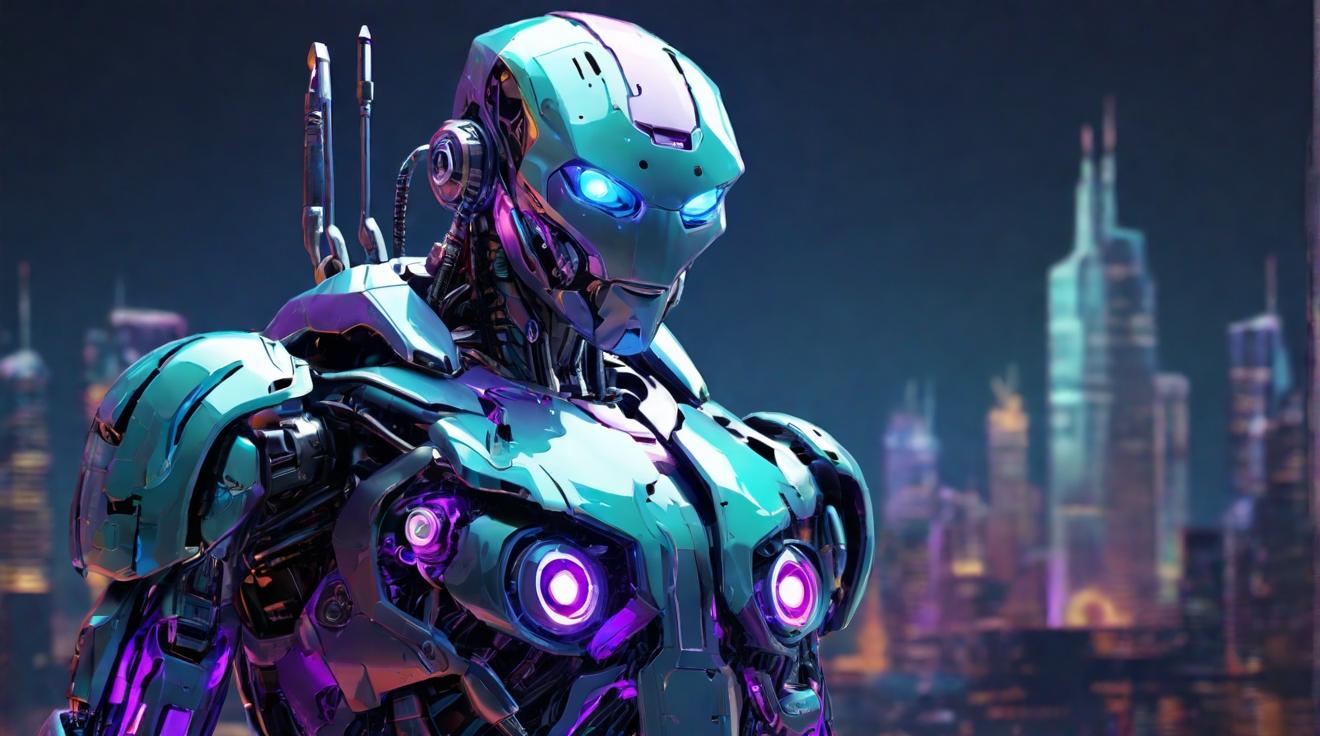TechCrunch Disrupt 2025 to Highlight Next-Generation AI Hardware
From October 27 to 29, TechCrunch Disrupt 2025 will convene over 10,000 startup founders, venture capitalists, and tech leaders at Moscone West in San Francisco. Among the event’s focal points is a session dedicated to the future of AI hardware, featuring live demonstrations and discussions on robotics and autonomous systems pushing technological boundaries.
Bridging AI and Physical Systems
While AI continues to transform software landscapes, the breakthrough moment for robotics and autonomous vehicles remains imminent. This session will bring together Raquel Urtasun, founder and CEO of Waabi, and Jeff Cardenas, co-founder and CEO of Apptronik, to explore the challenges and innovations involved in embedding intelligence into physical platforms—whether autonomous cars or humanoid robots.
Technical Challenges and Innovations
The conversation will delve into the complex interplay of simulation environments, sensor technologies, and software infrastructures that enable the safe scaling of autonomous machines. Both Waabi and Apptronik are at the forefront of overcoming physical-world limitations, and they will share insights into recent breakthroughs as well as persistent bottlenecks shaping the next generation of AI-powered robots and vehicles.
Implications for Industry and Society
Deploying AI in tangible environments introduces unique constraints and opportunities. Attendees can expect a pragmatic, forward-looking dialogue on how intelligent robotics and self-driving platforms are evolving, with attention to their potential impacts on industrial processes, labor markets, and infrastructure development.
Raquel Urtasun and Jeff Cardenas will present these insights on the AI Stage at TechCrunch Disrupt 2025. Registration is open, with early pricing available until September 26, 11:59 p.m. PT.
FinOracleAI — Market View
The session at TechCrunch Disrupt 2025 underscores growing investor and industry focus on AI hardware as a critical frontier. Advances by companies like Waabi and Apptronik highlight the potential for AI to revolutionize autonomous systems, but scaling these technologies involves significant engineering and regulatory challenges. Market participants should monitor progress in sensor accuracy, simulation fidelity, and software robustness, as well as regulatory developments affecting deployment.
Impact: positive













